|
Born in 1976, Kvetán studied (1995-1996) at the Intermedia Studio of Free Creativity with professor Juraj Bartusz. He is currently studying at Open Studio with professor Daniel Fischer at the Fine Arts College in Bratislava, Slovakia, and at the Multimedia-Performance-Video department with professor Keiko Sei at the Fine Arts Faculty VUT in Brno, Czech Republic.
Marek Kvetán is an artist who experiments with the possibilities and forms of communication through installation (silicon art) and especially new media – video, computer and Internet. He reflects the existence of created digital and virtual space from an intentionally distant, uninvolved perspective, ironically playing with the plurality of interpretation of an artwork. Marek Kvetán’s computer being confronts the imperfection of perceiving what is real.
Empfohlene Artikel
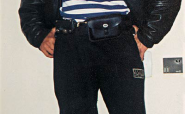
|
|
There is nothing that has not already been done in culture, squeezed or pulled inside out, blown to dust. Classical culture today is made by scum. Those working in the fine arts who make paintings are called artists. Otherwise in the backwaters and marshlands the rest of the artists are lost in search of new and ever surprising methods. They must be earthbound, casual, political, managerial,…
|

|
|
Goff & Rosenthal, Berlin, 18.11. – 30.12.2006
Was eine Droge ist und was nicht, wird gesellschaftlich immer wieder neu verhandelt, ebenso das Verhältnis zu ihr. Mit welcher Droge eine Gesellschaft umgehen kann und mit welcher nicht und wie von ihr filmisch erzählt werden kann, ob als individuelles oder kollektives Erleben oder nur als Verbrechen, demonstriert der in Berlin lebende Videokünstler…
|
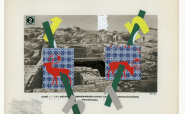
|
|
Nick Land war ein britischer Philosoph, den es nicht mehr gibt, ohne dass er gestorben ist. Sein beinahe neurotischer Eifer für das Herummäkeln an Narben der Realität, hat manch einen hoffnungsvollen Akademiker zu einer obskuren Weise des Schaffens verleitet, die den Leser mit Originalität belästigt. Texte, die er zurückgelassen hat, empören, langweilen und treiben noch immer zuverlässig die Wissenschaftler dazu, sie als „bloße“ Literatur einzustufen und damit zu kastrieren.
|
|
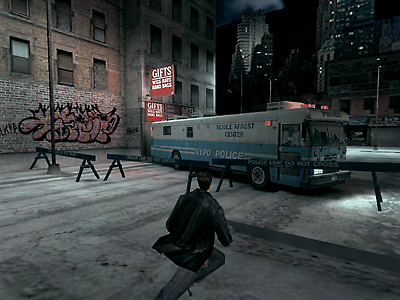
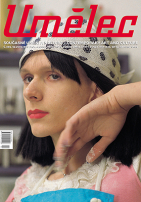









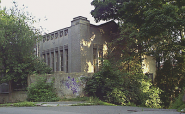

Kommentar
Der Artikel ist bisher nicht kommentiert wordenNeuen Kommentar einfügen